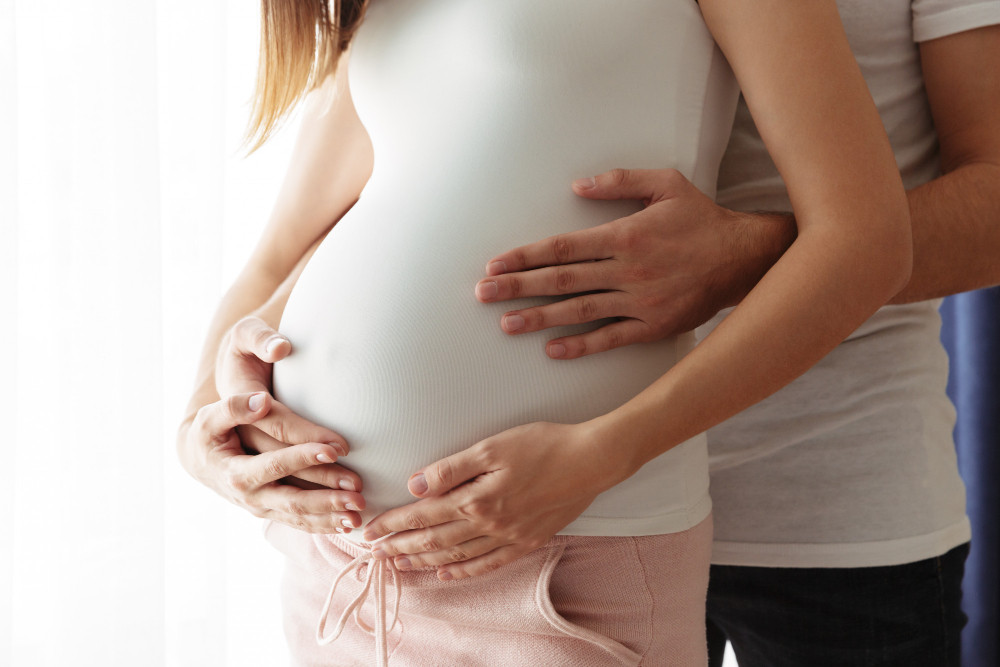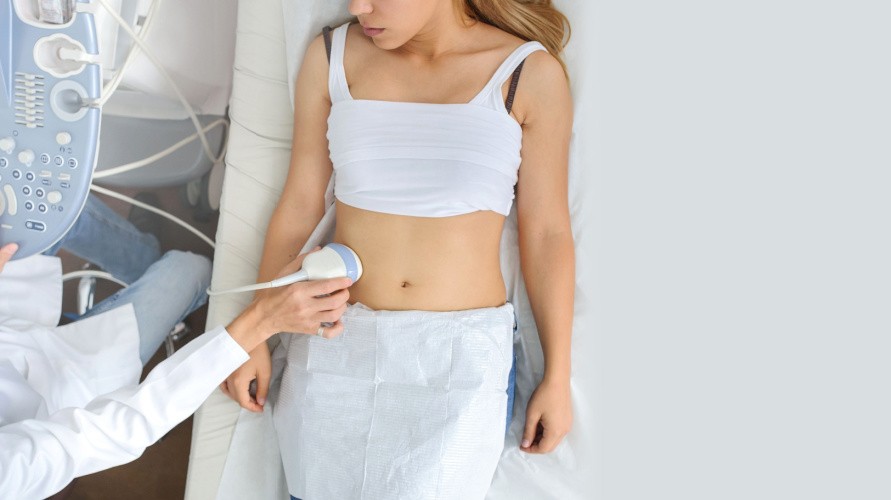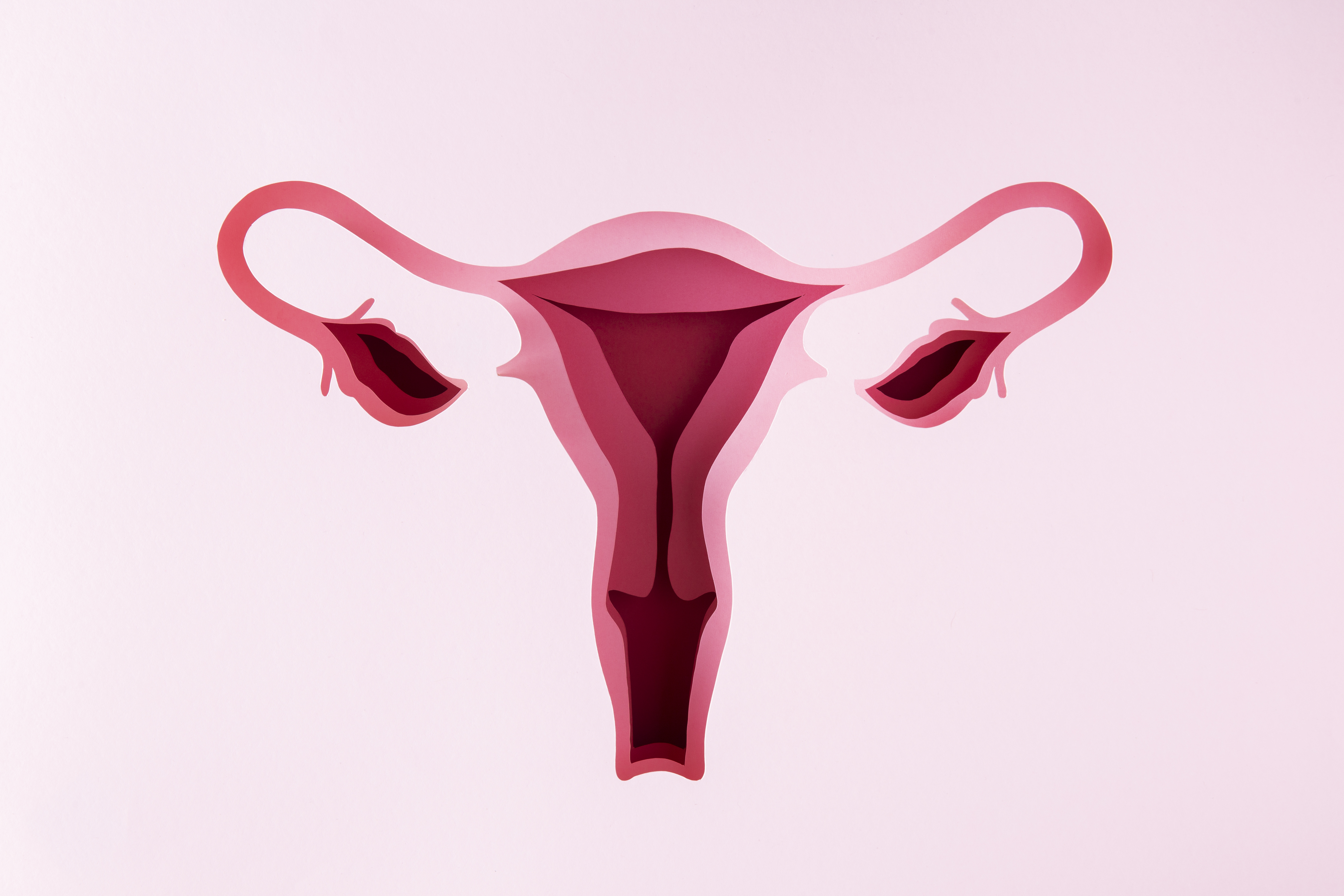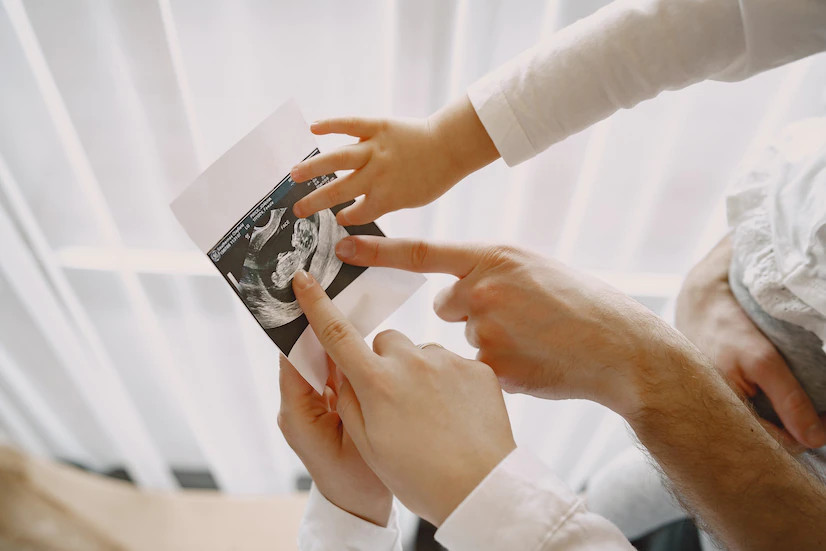Definition
Pregnancy hypertension refers to having a blood pressure of 140/90 mmHg or higher. This condition affects approximately 6-8% of all pregnancies, or three out of every fifty pregnancies, and is one of the leading causes of morbidity and mortality among pregnant women.
There are several forms of hypertension in pregnancy, namely:
- Chronic hypertension is hypertension that began before pregnancy or before 20 weeks of gestation or hypertension that persists for more than 12 weeks after delivery
- Gestational hypertension is hypertension in pregnant women that develops after 20 weeks of gestation and returns to normal within 12 weeks of delivery. In gestational hypertension, no protein is found in the urine
- Preeclampsia is hypertension in pregnant women that is accompanied by protein in the urine, kidney or liver disorders, blood disorders, or other pregnancy-related hypertension complications
- Eclampsia is a more severe form of preeclampsia that causes seizures or loss of consciousness in pregnant women. Eclampsia occurs in about 1 in 1600 pregnancies. Eclampsia is most common in the last trimester of pregnancy, though it can occur as early as 20 weeks gestation or 48 hours postpartum
- HELLP Syndrome. HELLP stands for three conditions: Hemolysis (blood cell destruction), Elevated Liver enzymes (elevated liver enzyme levels), and Low Platelet count (low blood chip levels), also known as thrombophilia
Causes
The exact cause of hypertension during pregnancy is unknown, but it is thought to be caused by a disruption in blood flow between the uterus and placenta, as well as decreased function of the blood vessels that facilitate it.
Risk Factor
In general, conditions that can disrupt the flow of blood and blood vessels between the uterus and placenta can increase a mother's risk of developing hypertension during pregnancy, such as:
- Pre-pregnancy hypertension
- Kidney disease
- Diabetes mellitus
- Obstructive sleep apnea (OSA)
- Reduced levels of blood clots (thrombophilia)
- Autoimmune disease
Gestational Hypertension & Preeclampsia
Several conditions may increase a mother's risk of gestational hypertension and preeclampsia, such as:
- Pre-pregnancy hypertension
- Hypertension in pregnancy in the previous pregnancy
- Preeclampsia in a previous pregnancy
- HELLP syndrome in a previous pregnancy
- First pregnancy
- Twin pregnancy, or more than 2
- Mother's age at pregnancy was less than 20 years or more than 35 years old
- Body mass index (BMI) > 30 kg/m2
- Kidney disease
- Renal vascular disease
- Aortic abnormalities
- Diabetes mellitus
- Autoimmune diseases, such as lupus, rheumatism, scleroderma, or connective tissue diseases
- Hyperaldosteronism
- Cushing's syndrome
- Thyroid disease
- Pheochromocytoma
- Obstructive sleep apnea
Symptoms
Every pregnant woman with hypertension can experience different symptoms, and some of them are asymptomatic. The most common symptoms are:
- High blood pressure with or without protein in the urine, which is found in the second half of pregnancy
- Swelling, especially in the legs
- Sudden increase in body weight
- Visual disturbances, such as blurred vision or manta
- Headache
- Nausea, vomiting
- Right upper abdominal pain or pain around the abdomen
- Reduced amount of urine
- Changes in liver or kidney function tests
- Seizures. Poorly treated preeclampsia can develop into a more severe form of eclampsia. Women with eclampsia will experience seizures or loss of consciousness
Diagnosis
Hypertension in pregnancy is diagnosed when blood pressure is higher than 140/90 mmHg measured at least twice at different times.
Additional examinations performed on mothers with pregnancy hypertension are:
- Blood test
- Urine, liver function, kidney function, and blood clotting tests (to check for more serious conditions such as preeclampsia)
- Tests to assess puffiness
- Weight measurement
Management
The doctor will determine the specific treatment and therapy for hypertension during pregnancy, taking into account:
- Pregnancy status, general health, and medical history
- The severity of the disease
- Tolerance to certain medications, procedures, or therapies
- Mom's expectations of her disease
- Mother's preferences or opinions
The goal of therapy is to keep the condition from worsening and to avoid complications. Therapies that may be given are:
- Bed rest, which can be at home or in the hospital
- Hospitalization if monitoring is required with certain devices or with the supervision of health workers
- Regular blood pressure monitoring
- Magnesium sulfate or other blood pressure-lowering medications if blood pressure is very high
- Fetal examination to determine the health of the fetus, which includes:
- Counting fetal movements. Monitoring fetal movements and kicks is critical because changes in the number or frequency of movements can indicate fetal stress
- Nonstress testing. This test monitors the fetal heart rate in response to movement
- Biophysical profile. This is a nonstress test combined with ultrasonography to monitor the fetus's well-being
- Doppler flow examination. This ultrasound uses sound waves to measure blood flow through the blood vessels
- Continuous examination of urine and blood to detect any changes indicating worsening of pregnancy hypertension or progression towards preeclampsia or eclampsia
- Administration of corticosteroids to help fetal lung maturation (lung immaturity is a major problem in premature babies)
If complications have already occurred, it may be necessary to deliver the baby prematurely (less than 37 weeks).
Complications
Blood pressure can affect blood vessels, reducing blood flow to the mother's organs such as the liver, kidneys, brain, uterus, and placenta. Hypertension in heavy pregnancy that is not treated properly can result in the complications of HELLP syndrome, which includes red blood cell destruction, liver problems, and low blood-keeping cells (cells in the blood that are needed to help blood clot to control bleeding).
Other problems that can arise due to hypertension in heavy pregnancy (blood pressure above 160/110 mmHg) are:
- Premature detachment of the placenta from the uterus
- Fetal problems such as impaired fetal growth to fetal death
- Maternal and fetal death
Although blood pressure returns to normal after delivery, a mother who experienced hypertension during pregnancy is more likely to develop hypertension in the future.
Prevention
Currently, there is no definitive way to prevent hypertension. However, some of the factors that can cause hypertension can be managed by:
- Reducing salt consumption
- Drinking at least 8 glasses per day
- Increasing protein consumption and reducing consumption of fried and junk food
- Getting enough rest
- Regular exercise (discuss with your doctor about what exercises you can do while pregnant)
- Elevate your legs several times a day
- Avoid alcohol and drinks containing caffeine
- Take medications or supplements prescribed by your doctor
Early detection of women who are at risk for hypertension during pregnancy can help to prevent disease complications. Furthermore, understanding the symptoms and warning signs is critical because early treatment can help prevent the disease from worsening.
Therefore, it is important to have regular pregnancy check-ups to maintain the health of both mother and fetus.
When to See a Doctor?
If you have any of the above-mentioned high blood pressure symptoms, seek medical attention right away. Consult an obstetrician and gynecologist to be certain. Symptoms may include persistent headaches, blurred or double vision, swelling, or decreased frequency of urination.
Looking for more information about other diseases? Click here!
- dr. Alvidiani Agustina Damanik
Luger RK, Kight BP. Hypertension In Pregnancy. [Updated 2021 Oct 9]. In: StatPearls [Internet]. Treasure Island (FL): StatPearls Publishing; 2022 Jan-. Available from: https://www.ncbi.nlm.nih.gov/books/NBK430839/
Gestational Hypertension | Children's Hospital of Philadelphia. (2022). Retrieved 14 June 2022, from https://www.chop.edu/conditions-diseases/gestational-hypertension
Gestational Hypertension | Cedars-Sinai. (2022). Retrieved 14 June 2022, from https://www.cedars-sinai.org/health-library/diseases-and-conditions/g/gestational-hypertension.html
Gestational Hypertension: Pregnancy Induced Hypertension (PIH). (2022). Retrieved 14 June 2022, from https://americanpregnancy.org/healthy-pregnancy/pregnancy-complications/gestational-hypertension/











